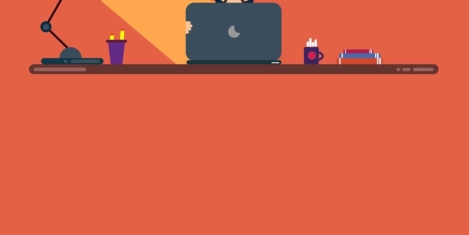To provide the best experiences, we use technologies like cookies to store and/or access device information. Consenting to these technologies will allow us to process data such as browsing behaviour or unique IDs on this site. Not consenting or withdrawing consent, may adversely affect certain features and functions.
The technical storage or access is strictly necessary for the legitimate purpose of enabling the use of a specific service explicitly requested by the subscriber or user, or for the sole purpose of carrying out the transmission of a communication over an electronic communications network.
The technical storage or access is necessary for the legitimate purpose of storing preferences that are not requested by the subscriber or user.
The technical storage or access that is used exclusively for statistical purposes.
The technical storage or access that is used exclusively for anonymous statistical purposes. Without a subpoena, voluntary compliance on the part of your Internet Service Provider, or additional records from a third party, information stored or retrieved for this purpose alone cannot usually be used to identify you.
The technical storage or access is required to create user profiles to send advertising, or to track the user on a website or across several websites for similar marketing purposes.
 Business leaders around the world have focused on protecting their employees in their immediate COVID-19 response, with UK CEOs leading the pack on mental wellbeing support. Some 93 percent of UK CEOs (92 percent globally) prioritised protecting employee health and safety over everything else. However, UK CEOs were found to have been significantly more focused on their employees’ mental wellbeing than their global counterparts, with 90 percent providing wellbeing support and initiatives, compared with 61 percent of CEOs globally. More →
Business leaders around the world have focused on protecting their employees in their immediate COVID-19 response, with UK CEOs leading the pack on mental wellbeing support. Some 93 percent of UK CEOs (92 percent globally) prioritised protecting employee health and safety over everything else. However, UK CEOs were found to have been significantly more focused on their employees’ mental wellbeing than their global counterparts, with 90 percent providing wellbeing support and initiatives, compared with 61 percent of CEOs globally. More →






































August 3, 2020
Isaac Asimov’s remarkable 1964 predictions about life and work in the 21st Century
by Mark Eltringham • Comment, Technology, Wellbeing, Workplace design